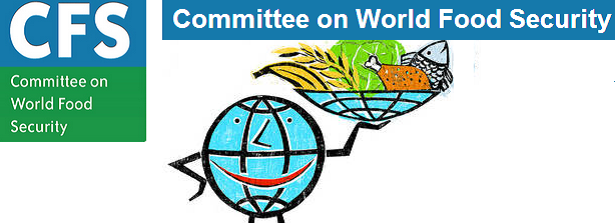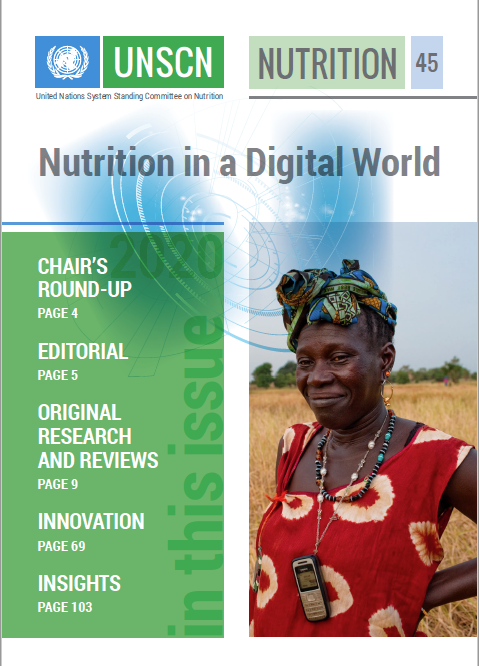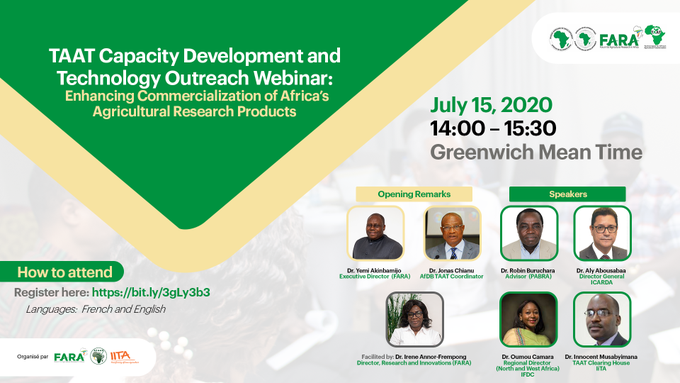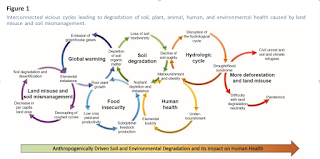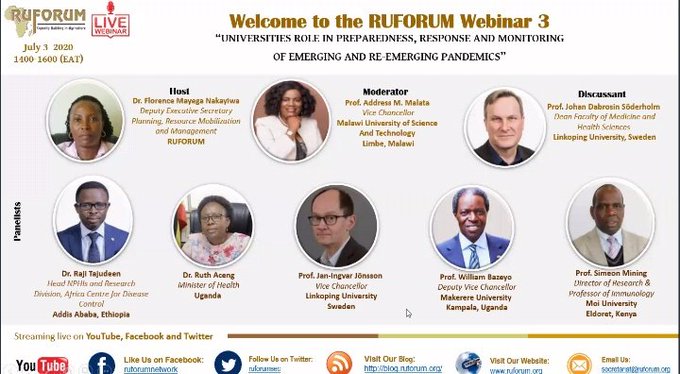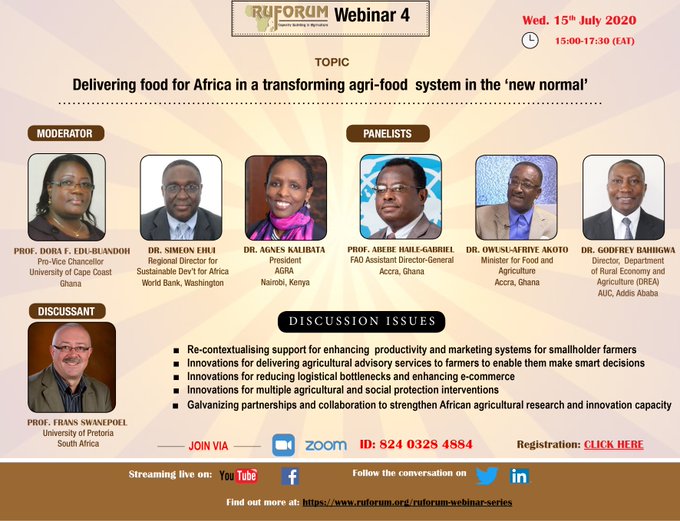9 July 2020. Covid response in EU External Action financing
In response to an increasing demand from the private sector, this webinar focused on Covid response in EU External Action financing.
In recent years, the implementation of the budget that the European Union allocates to third countries has experienced what could be regarded as a revolution. Indeed, up to five years ago most of the so called External Action budget was managed directly by the European Commission and the recipient countries’ authorities. Nowadays, the implementation of a large chunk of that financial envelope is delegated to a wide variety of actors, such as Member States development agencies, International Financial Institutions and non-profit making organisations.
Presentations:
Presentations:
- COVID response of the EU External Action budget in Subsaharan Africa, Asia and Latin America, Mar Martínez, European Commission DG DEVCO B4, Programme manager - Health
- “Team Europe” COVID-19 response in Enlargement and Neighbourhood countries by Georg Ziegler, European Commission DG NEAR, Support Group for Ukraine (SGUA) and Team leader NEAR
- New EU Multi Financial Framework (MFF) for external action and pre -accession by Massimo MINA, European Commission DG NEAR A4, Strategy and Turkey, MFF, Programming & Evaluation
- European Investment Bank’s Contribution to the EU global COVID-19 response Raffaele Cordiner, European Investment Bank, Investment Officer, Operations Directorate - Global Partners
 Permanent Representation of the Federal Republic of Germany to the European Union in Brussels
Permanent Representation of the Federal Republic of Germany to the European Union in Brussels Germany Trade and Invest GmbH
Germany Trade and Invest GmbH Association of German Chambers of Commerce and Industry, Representation to the European Union (DIHK)
Association of German Chambers of Commerce and Industry, Representation to the European Union (DIHK) Permanent Representation of Spain to the European Union
Permanent Representation of Spain to the European Union Embassy of Spain, Economic and Commercial Office - ICEX Spain Trade and Investment
Embassy of Spain, Economic and Commercial Office - ICEX Spain Trade and Investment Contact Point
Contact Point Permanent Representation of France to the European Union
Permanent Representation of France to the European Union



